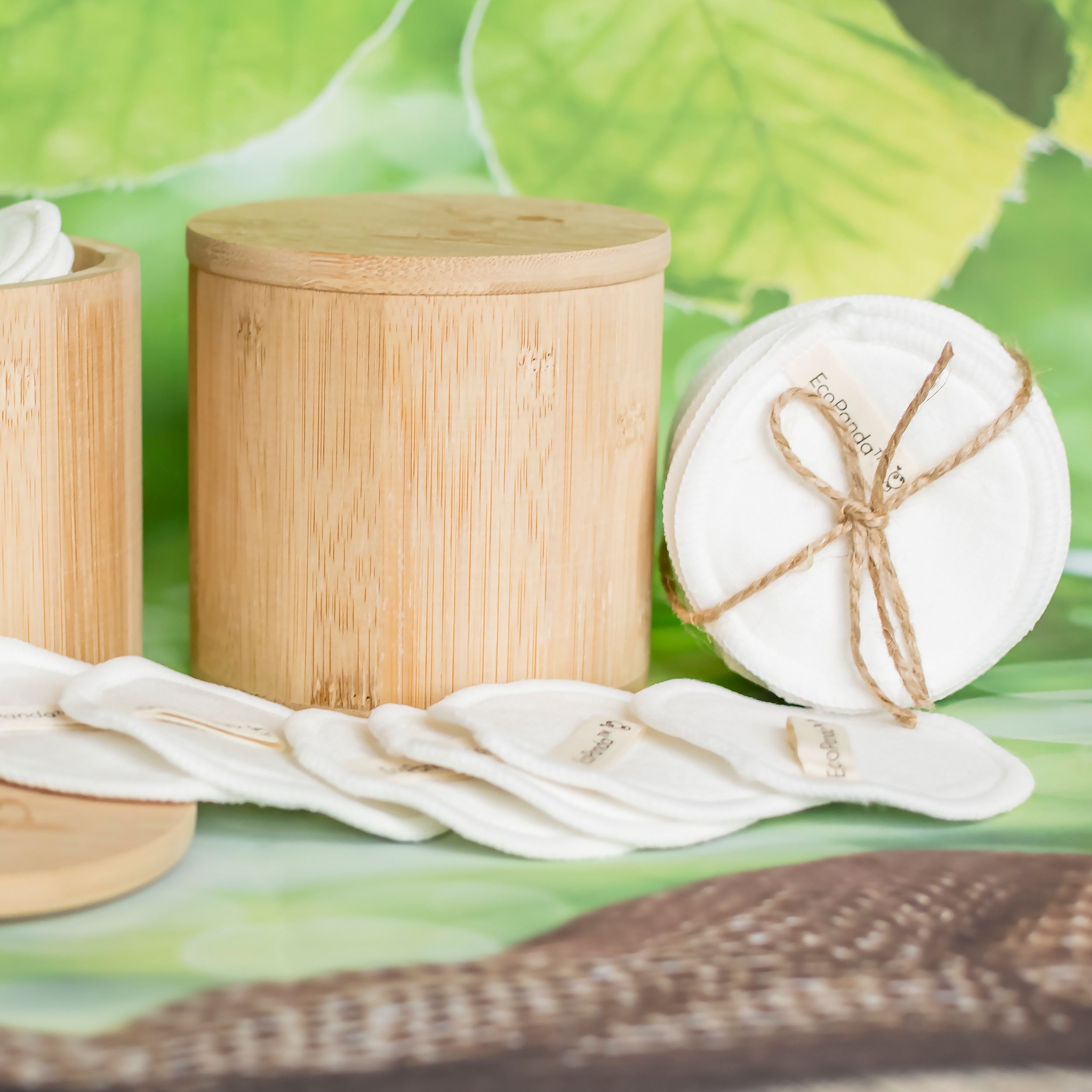Sustainable Beauty: Eco-Friendly Practices in the Cosmetic Industry
In recent years, the beauty industry has undergone a remarkable transformation, not only in terms of the products it offers but also in its commitment to sustainability. As consumers become increasingly aware of the environmental impact of their choices, cosmetics companies are reevaluating their practices and striving to adopt eco-friendly measures. This article explores the concept of sustainable beauty, the environmental challenges the industry faces, and the innovative solutions being implemented. To provide well-rounded insights, we've gathered information from reliable sources in the field of beauty and sustainability.

The Need for Sustainable Beauty
The cosmetic industry has long been associated with excessive packaging, harmful ingredients, and unsustainable practices. However, as global environmental concerns rise, consumers are demanding change. Here are some of the key reasons why sustainable beauty practices are essential:
Resource Conservation: The production of cosmetics consumes vast amounts of water, energy, and raw materials. Sustainable practices aim to reduce these resource-intensive processes.
Waste Reduction: The beauty industry generates massive amounts of plastic waste, with packaging often ending up in landfills or oceans. Sustainable packaging options seek to minimize this impact.
Toxic Chemicals: Many conventional cosmetics contain harmful chemicals that can harm both human health and the environment. Sustainable beauty prioritizes safe and natural ingredients.
Biodiversity Preservation: The sourcing of ingredients from threatened ecosystems can have detrimental effects on biodiversity. Sustainable beauty practices promote ethical ingredient sourcing.
Climate Change: The beauty industry's carbon footprint is substantial. Sustainable initiatives aim to reduce greenhouse gas emissions through eco-friendly manufacturing and distribution.
Sustainable Beauty Practices
1. Eco-Friendly Packaging
Packaging is a primary focus for sustainable beauty. Brands are exploring various options, including:
- Refillable Packaging: Many companies now offer refillable containers to reduce single-use plastic waste.
- Recyclable Materials: Using recyclable materials such as glass, aluminum, and biodegradable plastics helps reduce environmental impact.
- Minimalist Packaging: Simplified packaging designs not only reduce waste but also convey a sense of luxury and minimalism.
2. Clean and Natural Ingredients
Clean beauty is a growing trend, with brands increasingly formulating products free of harmful chemicals. Natural ingredients and organic farming practices are gaining prominence, reducing the use of synthetic chemicals and pesticides.
3. Sustainable Sourcing
Ethical ingredient sourcing is crucial for sustainable beauty. Brands are partnering with local communities to ensure fair wages, protect ecosystems, and preserve biodiversity.
4. Vegan and Cruelty-Free
Vegan and cruelty-free cosmetics avoid animal testing and animal-derived ingredients, making them more ethical and sustainable choices.
5. Energy-Efficient Manufacturing
Cosmetics manufacturers are investing in energy-efficient equipment and processes to reduce their carbon footprint.
6. Carbon Neutrality
Some companies are taking steps to offset their carbon emissions by investing in renewable energy, reforestation, or carbon credits.
Leading the Change
Several cosmetics companies have emerged as leaders in sustainable beauty:
The Body Shop: Known for its commitment to ethical sourcing and animal welfare, The Body Shop has a robust sustainability program.
Lush: Lush is recognized for its handmade, cruelty-free products and minimal packaging.
Burt's Bees: Burt's Bees focuses on natural ingredients, responsible sourcing, and recyclable packaging.
Sephora: The beauty retailer has implemented a Clean at Sephora initiative, showcasing products free of harmful ingredients.
Aveda: Aveda, part of the Estée Lauder Companies, emphasizes eco-friendly practices, including responsible ingredient sourcing.

Sources
Embracing Sustainable Beauty
In the ever-evolving world of beauty, sustainability is no longer a trend but a necessity. Consumers are seeking products that align with their values, and the beauty industry is responding with innovation and eco-conscious practices. By choosing sustainable beauty products and supporting brands committed to environmental responsibility, we can collectively contribute to a greener and more sustainable future. Sustainable beauty is not just a movement; it's a reflection of our commitment to a healthier planet and a more beautiful tomorrow.